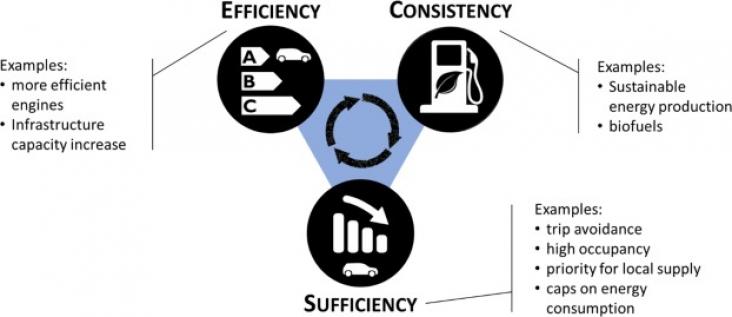The paper presents policy responses to the pandemic that illustrate how the crisis has opened opportunities for initiating changes that can lead to a more just food system.
Of all the types of renewable energy, Renewable Natural Gas (RNG) market has been more supported and developed in Canada due to the lower project cost and the existing NG pipeline infrastructure.
Taking the devastating 2019–2020 Australian bushfires as a starting point, and how it attracted significant activity on social media, both in Australia and worldwide, this research uses corpus-based discourse analysis to explore the impact of this significant environmental crisis event on climate discussions on Australian Twitter, with a focus on discursive struggle and (de-)legitimation.
An article on air pollution and cognitive decline, in the context of SDGs 3 and 11, focusing specifically on the association between exposure to outdoor air pollutants and cognitive performance.
An Article in support of SDGs 3, 7, and 13, showing that adopting strict climate policies (the 1·5°C and 2°C targets) and strengthening clean-air policies could achieve major improvements in air quality and substantially reduce the human health effects from air pollution in China.
Urban climate change agenda furthered by aligning adaptation plans with development goals. Near-term benefits delivered by aligning adaptation, mitigation and development. Synergistic adaptation-mitigation planning leads to inclusion of co-benefits and avoidance of trade-offs. Informal networks can enhance coordination required for co-benefit approaches.
Background: With much of the world's population residing in urban areas, an understanding of air pollution exposures at the city level can inform mitigation approaches.
Background: Road-traffic injuries are a key cause of death and disability in low-income and middle-income countries, but the effect of city characteristics on road-traffic mortality is unknown in thes
Transportation is a basic social need, but most trips are done by private vehicles, which is not environmentally sustainable with growing urban populations.

Transport emissions play a large role in climate change. Unfortunately, measures to address this risk creating inequalities in access to mobility. This article proposes policy recommendations to reconcile these two problems.
